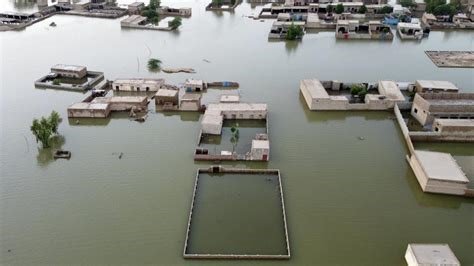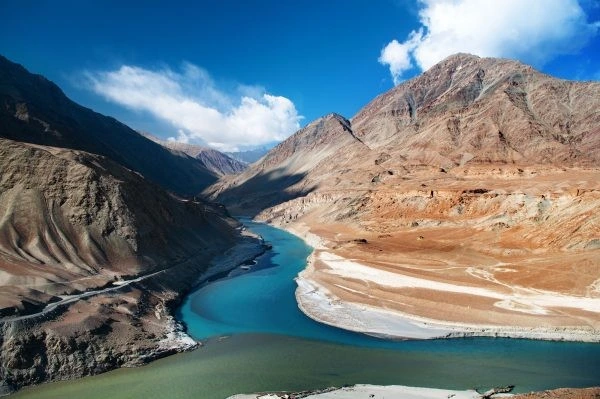“Pakistan’s Climate Crisis: A Silent Emergency for Children and the Elderly”

In the shadow of Pakistan’s escalating climate disasters, a silent emergency is unfolding—one that disproportionately affects the most vulnerable members of society: children and the elderly. Amnesty International’s recent report, Uncounted: Invisible deaths of older people and children during climate disasters in Pakistan, sheds light on a crisis that often goes unnoticed yet claims countless lives.
Pakistan, despite contributing a mere 0.88% to global greenhouse gas emissions, ranks as the fifth most vulnerable country to climate change. This paradox underscores the nation’s exposure to the adverse effects of global warming, with communities bearing the brunt of extreme weather events such as floods and heatwaves. These disasters not only devastate infrastructure and livelihoods but also strain an already fragile healthcare system, leaving the most susceptible populations at heightened risk.
The Amnesty report highlights how Pakistan’s healthcare and disaster response systems are ill-equipped to meet the needs of children and older adults during climate-induced crises. Even under optimal conditions, the healthcare infrastructure struggles to provide adequate care. The compounded challenges posed by climate disasters exacerbate these deficiencies, leading to preventable deaths among these vulnerable groups.
One of the most alarming findings is the lack of comprehensive data collection on climate-related mortality, particularly concerning children and the elderly. This data gap hampers effective response strategies and policy formulation, leaving affected communities without the support they desperately need. The absence of accurate statistics also obscures the true scale of the crisis, making it difficult to mobilize resources and garner international attention.
The report also emphasizes the legal obligations of states under international human rights law to protect the right to life and health. While Pakistan has made strides in disaster response since the catastrophic floods of 2022, significant gaps remain. The international community, particularly high-income, high-emitting countries, must recognize their role in exacerbating the climate crisis and take responsibility by providing financial and technical support to nations like Pakistan.
In response to these challenges, the report advocates for increased investment in Pakistan’s healthcare sector, with a focus on training and equipping health workers to manage climate-related illnesses. Preventive measures, such as establishing cooling centers during heatwaves and improving water sanitation to prevent waterborne diseases, are also critical. Furthermore, enhancing data collection and monitoring systems will enable more effective disaster preparedness and response.
The urgency of these recommendations is underscored by the recent heatwaves and flooding events that have swept across Pakistan. In May 2024, temperatures soared to 49°C (120°F) in parts of Sindh province, leading to widespread heatstroke cases and overwhelming hospitals. Similarly, the 2022 floods affected over 33 million people, with significant loss of life and widespread displacement. These events serve as stark reminders of the pressing need for comprehensive climate adaptation strategies.
However, the path forward is fraught with challenges. Pakistan’s limited resources and ongoing political instability complicate efforts to implement the necessary reforms. Moreover, the global community’s response has often been insufficient, with pledges of support falling short of actual assistance. The disparity between the scale of the crisis and the level of international commitment highlights the need for a more robust and coordinated global response.
In conclusion, the climate crisis in Pakistan is not just an environmental issue but a profound human rights challenge. The lives of children and the elderly are at stake, and the international community must act decisively to address the root causes of climate change and support Pakistan in building resilience against future disasters. Only through collective action can we hope to mitigate the impacts of climate change and protect the most vulnerable populations from its devastating effects.











